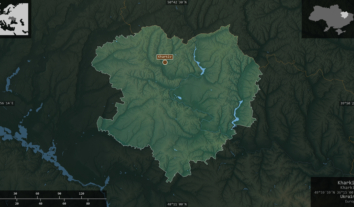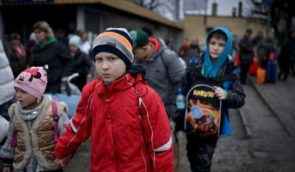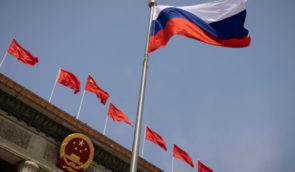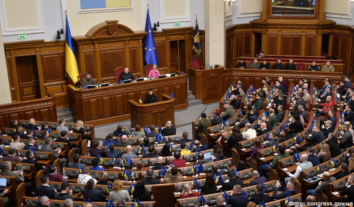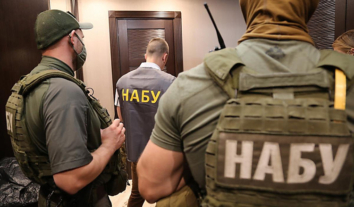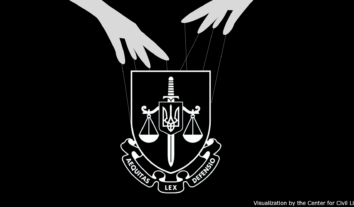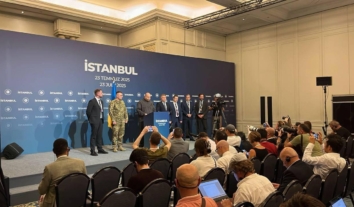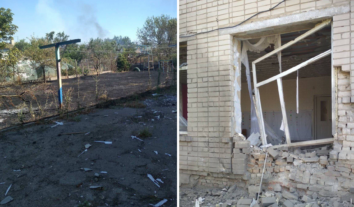Russians kill four and injure 11 in morning strike on Izmail, Odesa Oblast (updated)
The Russian Armed Forces killed four people and injured 11 others as a result of their morning strike on the city of Izmail in the Odesa Oblast.
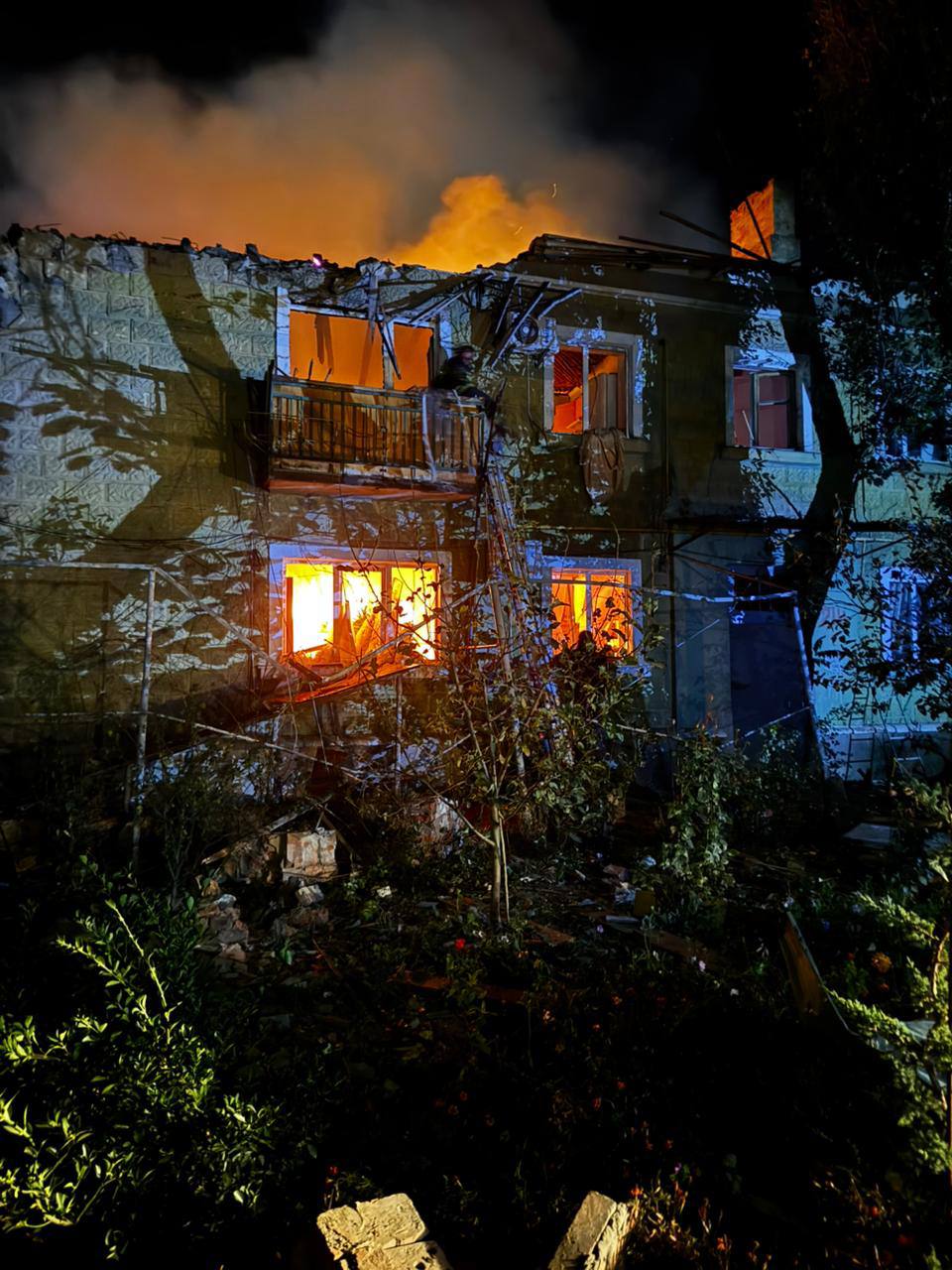
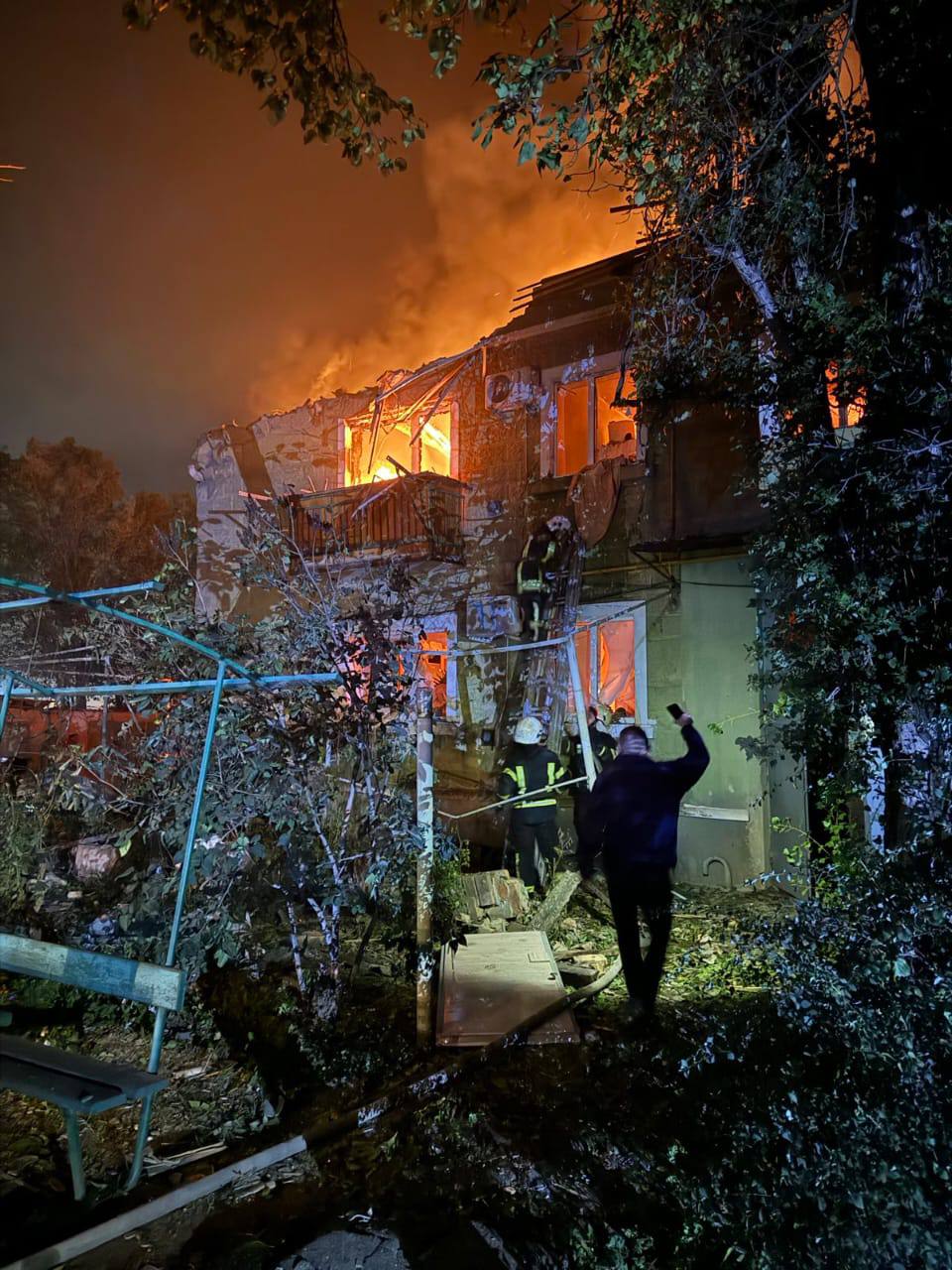
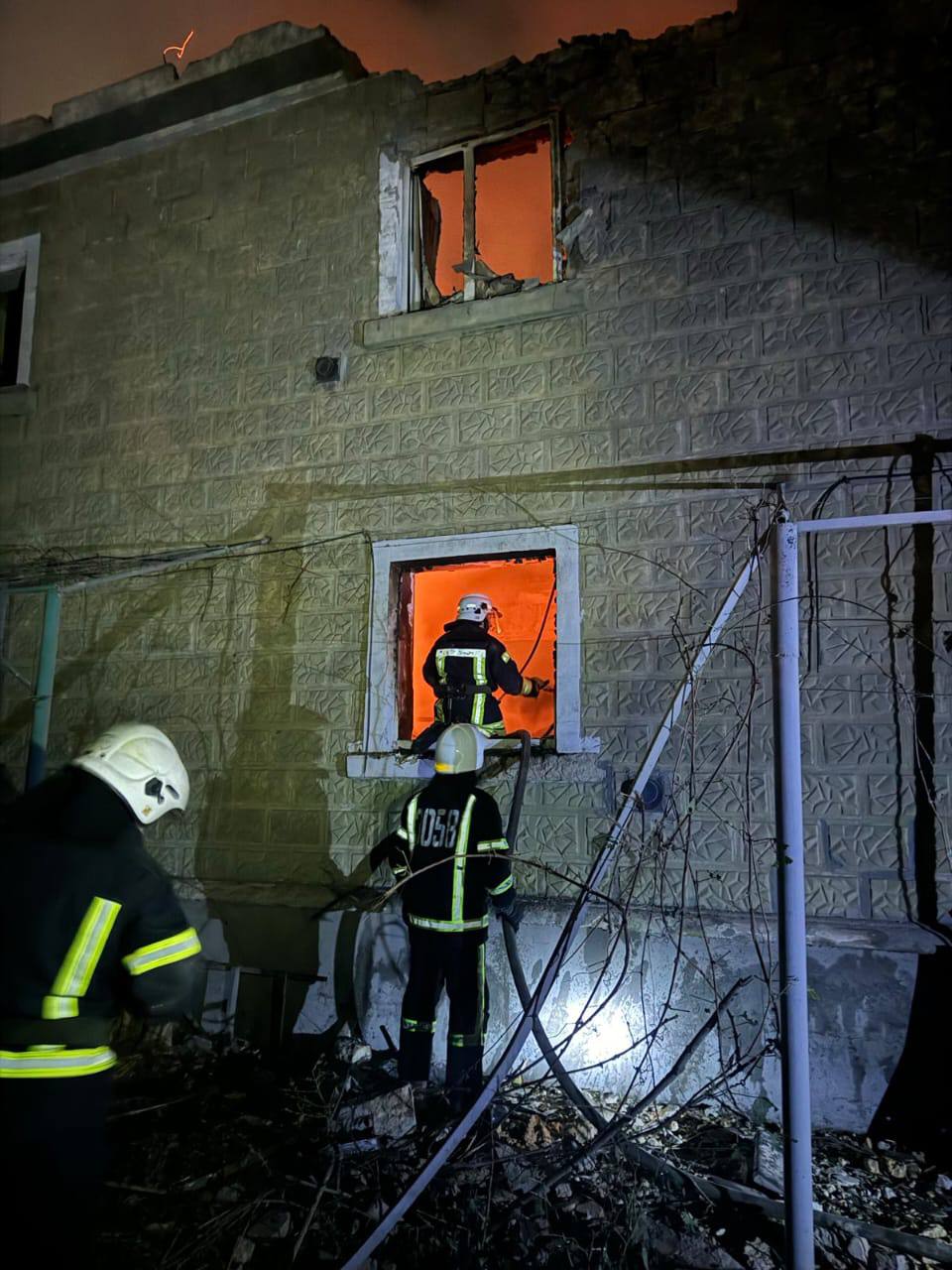
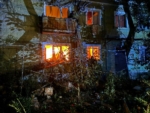
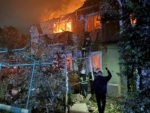
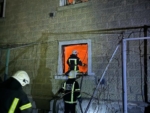
“The enemy resorted to large-scale terror against Izmail in the early morning. The Russians launched attack drones on our oblast’s southern part. The combat efforts by the air defense forces were long and intense. Sadly, three people were killed as a result of the attack: two women aged about 90 and 69 and a 73-year-old man. Eleven people were injured, including a child,” Oleh Kiper, head of the Odesa Oblast Military Administration, reported.
The attack damaged houses, apartment buildings, outbuildings, and vehicles.
On October 1, Kiper reported that a 24-year-old woman died in hospital from injuries sustained in that Russian strike on the city, bringing the total number of fatalities to four.
On the night of September 25-26, Russians killed a 62-year-old woman and damaged houses and cars in their missile attack on Odesa Oblast, according to Kiper. He noted that Ukrainian air defense worked extremely hard to destroy most of the incoming targets.
On the evening of September 26, 2024, the Russian troops shelled the village of Tomyna Balka in the Kherson Oblast, killing a 57-year-old local woman and injuring her 62-year-old husband, Oleksandr Prokudin, head of the Kherson Oblast Military Administration, reported. He added that the Russians hit an outbuilding, causing a fire.
A Lepestok anti-personnel landmine injured a 64-year-old civilian in a park in the Dniprovskyi district of Kherson city, according to the Kherson Oblast Military Administration and Roman Mrochko, the head of Kherson City Military Administration. Medical staff hospitalized the victim.
At about 13:00 on September 25, 2024, Russian artillery fire killed an 80-year-old woman in the village of Zymivnyk in Kherson Oblast and left her 48-year-old daughter in hospital with blast trauma, concussion, and facial and forearm injuries.
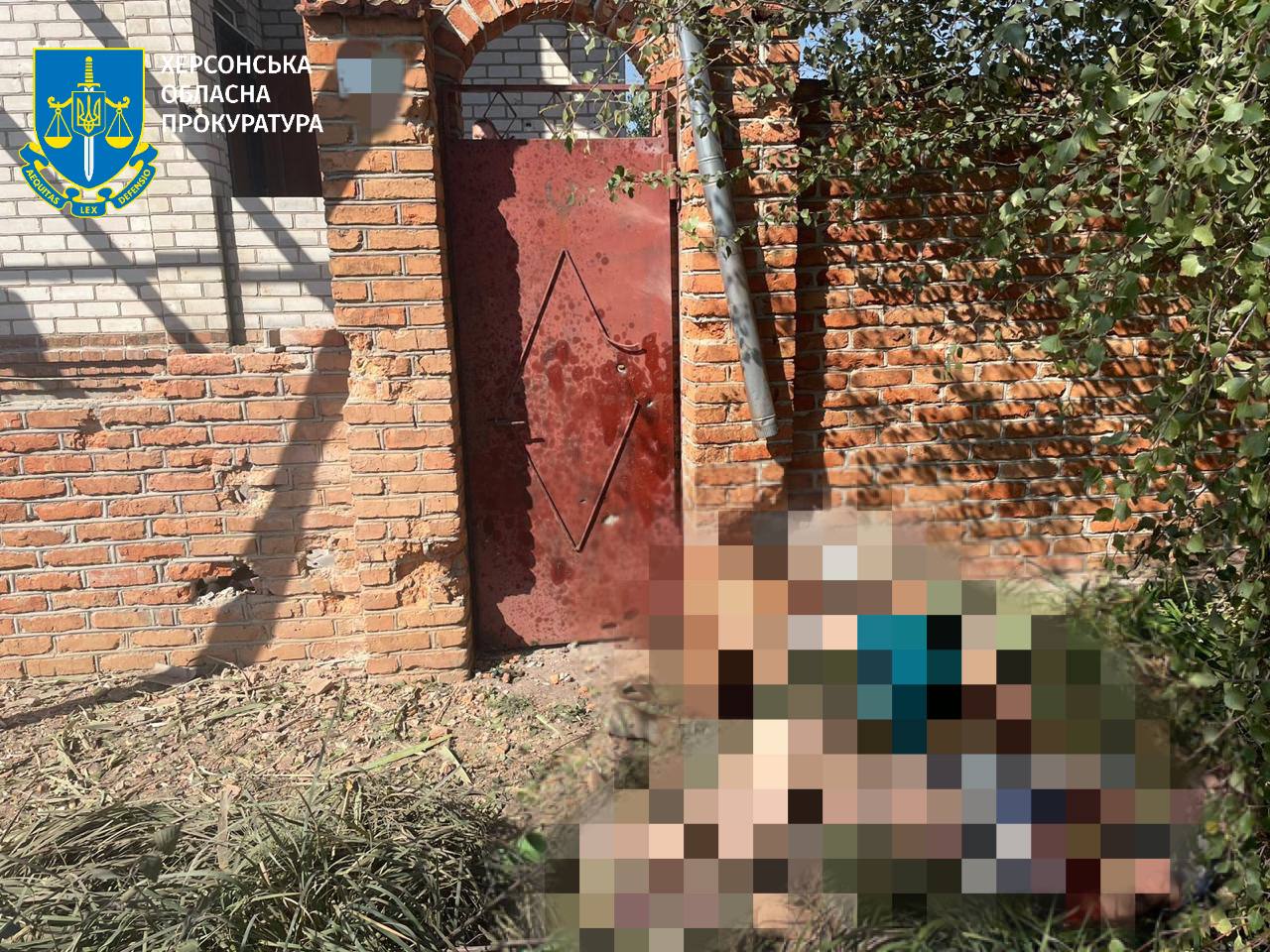
The Kherson Oblast Prosecutor’s Office has launched a pre-trial investigation into the violation of the laws and customs of war.
On September 24, Russian forces struck the settlement of Beryslav in Kherson Oblast with a drone. They killed a 60-year-old man and injured a 70-year-old woman, according to Prokudin. He elaborated that the enemy attacked civilians who were in the street.
On September 8, a Russian drone attack in Kherson’s Dniprovskyi district injured six people, the Kherson Oblast Military Administration reported. Russians injured men aged 57, 58, and 60 and women aged 43, 45, and 60. Four of them sustained injuries when the drone discharged explosives onto their minibus. Two people were on the street at the time of impact.
Russian shelling in Ochakiv, Mykolaiv Oblast, claimed the life of a 70-year-old woman on September 8. She lost her life in her own home.
In addition, Russian forces killed a 45-year-old man in Poniativka on September 7, according to Prokudin.
The Kherson Oblast Military Administration reported that Russian occupation forces used a drone to drop explosives on a 69-year-old woman in Odradokamianka on the same day. Medics hospitalised her with a blast injury and wounds to her legs and abdomen.
To provide context, the Russian Federation uses temporarily occupied Crimea as a military foothold for its aggression from the south of Ukraine, shelling Ukrainian cities from the peninsula. Ukrainian authorities have repeatedly stated the importance of de-occupying the Crimean Peninsula.
Earlier, US Deputy Secretary of State Kurt Campbell stated on September 10 that China is providing direct support to the Russian military apparatus, thus assisting its war against Ukraine.
Previously, China frequently denied supplying Russia with weapons for use in Ukraine, insisting that it does not provide weapons to either side and has a neutral position on the war in Ukraine.
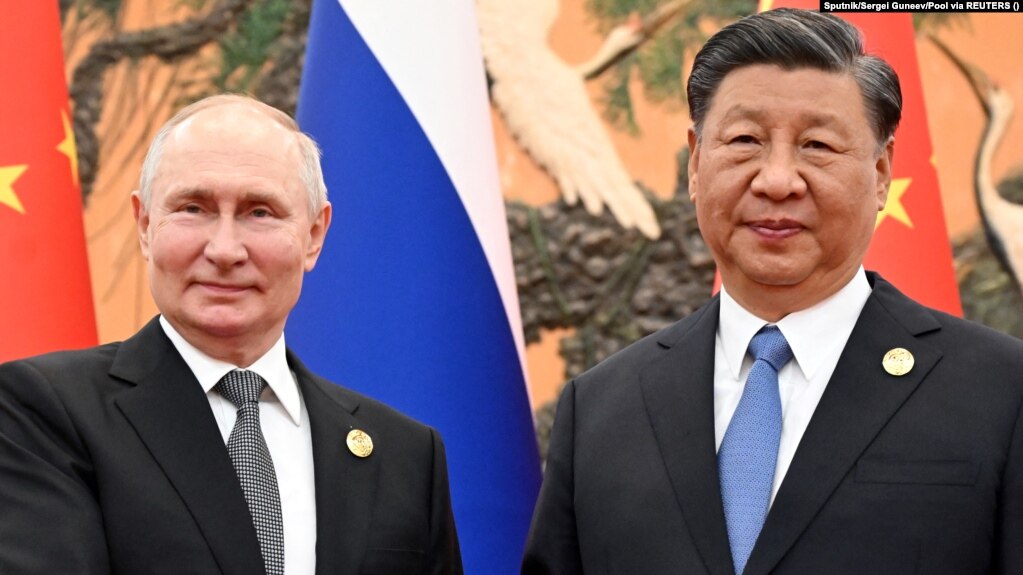
Campbell said of China’s latest assistance to Russia that “these are not dual-use capabilities” and they “are basically being applied directly to the Russian war machine”.
“These are component pieces of a very substantial effort on the part of China to help sustain, build and diversify various elements of the Russian war machine,” he added, stressing that the collaboration between Russia and China is “worrisome”, Politico quotes Campbell.
According to Campbell, in exchange for Beijing’s help, Russia has started giving China technologies it had not shared before, “in areas where previously they had been frankly reluctant to engage directly with China,” from submarines and aeronautical design to missile capabilities.
Earlier, Reuters reported that Ukraine considers China to be the biggest problem due to the fact that most components in Russian weapons found on Ukrainian battlefields are of Chinese origin.
Vladyslav Vlasyuk, an adviser to Zelesnkyy, noted that approximately 60% of foreign components used in conventional weapons come from China. He explained that this has been a key topic of discussion with various manufacturers, and emphasized that the biggest challenge in this regard is the People’s Republic of China.
He stated that Russia uses Chinese components in drones, surveillance systems, and even missiles. Moreover, some components are also supplied from the United States, the Netherlands, Japan, Switzerland, and other Western countries, despite sanctions.
Vlasyuk stated that the European Union could increase its efforts to stop the flow of Western products to Russia. For example, by also taking measures against the Russian state nuclear energy corporation Rosatom.
He mentioned that Rosatom is suspected of using its networks to supply the Russian military. However, European capitals are hesitant to act, given Russia’s significant role in the supply of nuclear power plants.
According to Vlasyuk, the bloc could also target Russian logistics, such as airports and seaports, as well as financial institutions that facilitate sales. He also pointed to the US sanctions package on IT, which he said was very effective after coming into force earlier this month.
During his address to the General Assembly, Volodymyr Zelenskyy warned that Russia plans to attack three nuclear power plants in Ukraine as winter approaches.
In addition, he urged countries to support Ukraine’s Peace Formula, asserting that it is the only path to a just peace. The Formula consists of ten points.
The Ukrainian President argued that other initiatives, including those proposed by China and Brazil, would allow the aggressor state to continue its war against the Ukrainian people.


